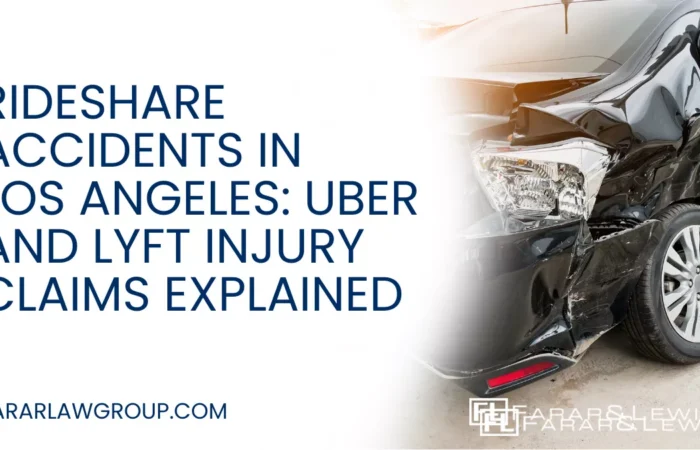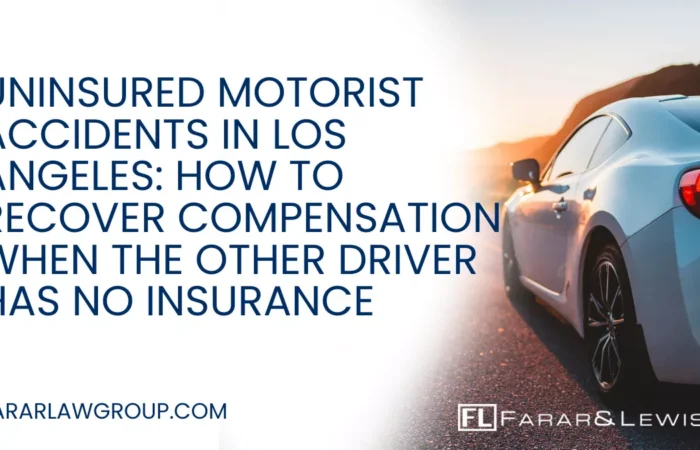An estimated 16 million trucks are traveling on the United States roads. It is also estimated that two million of those trucks are the tractor-trailers. Under the United States federal laws and regulations, these 18-wheelers can weigh as much as 70,000 pounds and can be as long as 53 feet. This makes them much heavier and longer than the conventional light trucks and passenger cars.
A tractor-trailer weight and mass often increase their chances to accidents because they are harder to maneuver and stop. For this reason, the results of an accident caused by the tractor-trailers can be worse than the lighter vehicles. All drivers can appreciate the danger of tractor trailers. Their limited maneuverability, weight, and size are great risks running on the road. In most cases, they carry massive freight, flammable liquids, and toxic material. No wonder more than 90 percent of the car accidents occurring in the New York roads involve truck/car crashes involve the death of people.
If you know someone who has been involved in a collision with a tractor-trailer in New York, they are entitled to get a free consultation session with a tractor-trailer accident lawyer at Tractor Trailer Accidents Lawyers.
Causes of Tractor-Trailer Accidents
Such accidents often result when the large commercial vehicles fail to work on their service schedules to keep them running on the roads. For the truck drivers, they are often required to have a professional driving license for commercial use. Moreover, they must also check their load balance regularly. They must also comply with the state and federal safety guidelines to drive safely to avoid injuring pedestrians, bicyclists, and motorists.
Unfortunately, some drivers make mistakes when carelessly driving. Such mistakes cost the most road users including motorists the risk of losing their lives. Some of the causes of tractor-trailer accidents include:
Driver Fatigue
The Federal Safety Administration Motor Carrier (FMCSA) estimates that one of the biggest factors that contribute to the accidents is fatigue. They also estimate that more than 5,000 accidents occur due to driver fatigue. New service rules have gone into effect to mandate a break within the first eight hours of the tractor-trailer drivers. They have also reduced the number of hours worked from 82 to 70. While they can reduce the accidents significantly, it is up to the drivers to stop driving whenever they are too tired as a safe choice.
Speeding
Drivers over speeding are likely to lose vehicle control. They may be unable to stop the car and hit another vehicle in time. Speed-related truck accidents include wrecks the driver goes too fast for weather, road, or traffic conditions as well as the crashes where drivers break the posted limit.
Distracted Driving
Drivers watching videos, sending text messages, or those using the mobile phone are more likely to cause accidents on the road. Any activity that makes the drivers look away from the road makes them cause an accident.
Unbalanced Loads
When you don’t load a tractor trailer correctly, it often leads to the risk of causing accidents, especially when negotiating corners. Improperly loaded trucks engage in rollover accidents or when the freight shifts are not secured properly.
Responsibility for a Tractor-Trailer Accident
The tractor-trailer in charge of the vehicle can be legally responsible for an accident that resulted from his negligence. The trucking company employing the driver can also be legally responsible for such crashes. The trucking company may have more insurance and money to pay for your injuries in case of the accident. The employer can also be held legally responsible for the employee actions or vehicle conditions such as their poor hiring policies.
While such cases can be different from another, past results by our Tractor Trailer Accidents Lawyers indicate our experience concerning wrongful death cases and serious injuries. With over 20 years of professional experience in this industry, Tractor Trailer Accidents Lawyers understand how to win. Therefore, contact us to schedule a free consultation session to evaluate your case today.


